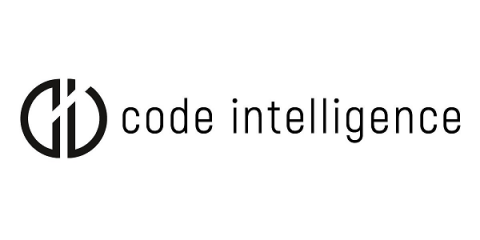Code Intelligence Wins Prestigious German AI Award at de:hub Pitch Night 2025
At the 6th de:hub Pitch Night, an event celebrating innovation and digital transformation, Code Intelligence was honored with the prestigious German AI Award. This recognition, awarded by a distinguished jury of industry experts and investors, underscores Code Intelligence’s pivotal role in advancing software security through artificial intelligence.











